Introduction
Being a dog parent is one of the most rewarding experiences. Our furry friends bring us joy, companionship, and unconditional love. But with this great joy comes great responsibility—especially when it comes to what we feed them. Not all foods that are safe for us humans are safe for our dogs. In fact, some common foods can be downright dangerous for our four-legged family members. In this article, we'll walk you through five foods you should never let your dog eat, so you can keep your beloved pet healthy and happy.
Why Food Safety is Crucial for Dogs
You might be wondering, "Why can’t my dog eat what I eat?" It’s a great question! Dogs have different digestive systems than we do. Their bodies process foods differently, which means that something that’s perfectly fine for you could be harmful or even fatal for them. Knowing what to avoid is the first step in being the best dog parent you can be.
1. Chocolate: The Sweet Danger

Chocolate is probably the most well-known food that’s dangerous for dogs, but do you know why? The culprit is a compound called theobromine, which is found in chocolate. Unlike humans, dogs can’t metabolize theobromine as quickly, which can lead to toxic buildup in their system.
Even a small amount of chocolate can cause vomiting, diarrhea, and in severe cases, seizures or even death. Dark chocolate and baking chocolate are particularly dangerous because they contain higher levels of theobromine. So, as tempting as it might be to share that chocolate bar with your dog, resist the urge—it's not worth the risk.
2. Grapes and Raisins: Tiny but Toxic

Grapes and raisins might seem like a healthy snack, but they can cause serious harm to your dog. These fruits have been linked to kidney failure in dogs, even in small amounts. Unfortunately, the exact substance in grapes and raisins that causes toxicity is still unknown, making it hard to gauge just how dangerous they are.
Early signs that your dog may have eaten grapes or raisins include vomiting, lethargy, and a loss of appetite. If left untreated, your dog could suffer from kidney failure, which can be life-threatening. So, it’s best to keep these little fruits far away from your pup.
3. Onions and Garlic: More Than Just Bad Breath

Onions and garlic are commonly used in cooking to add flavor, but they can do serious damage to your dog’s red blood cells. This can lead to anemia, which is a condition where your dog doesn’t have enough healthy red blood cells to carry oxygen to their body’s tissues.
What’s even trickier is that the toxic effects of onions and garlic can be cumulative, meaning they build up over time if your dog consumes small amounts regularly. Watch out for foods like baby food, soups, and sauces that might contain onion or garlic powder, and always double-check ingredients before sharing your meal with your dog.
4. Avocado: A Hidden Hazard

Avocado is delicious and healthy for us, but it’s a different story for dogs. The danger comes from a substance called persin, which is found in the avocado fruit, pit, and even the leaves and bark of the avocado tree. While small amounts of avocado might not cause severe harm, it’s better to be safe than sorry.
Persin can cause vomiting, diarrhea, and in some cases, more serious health issues like heart congestion. So, if you’re an avocado toast fan, be sure to keep this tasty treat out of your dog’s reach.
5. Xylitol: The Sugar Substitute That Can Be Deadly

Xylitol is a sugar substitute that’s found in many sugar-free products, including gum, candy, and baked goods. While it’s harmless to humans, xylitol can be extremely dangerous for dogs. When a dog consumes xylitol, it triggers a rapid release of insulin, leading to a dangerous drop in blood sugar levels.
Symptoms of xylitol poisoning include vomiting, loss of coordination, and even seizures. In severe cases, it can lead to liver failure. Always check the labels of any sugar-free products and be mindful of what’s in your dog’s environment to prevent accidental ingestion.
Other Foods to Avoid
In addition to the five foods we've just discussed, there are other items you should keep away from your dog. Macadamia nuts, alcohol, caffeine, and fatty scraps from your meals can all pose serious risks to your dog’s health. Bones, especially cooked ones, can splinter and cause internal injuries, so it’s best to stick with dog-safe chew toys.
What to Do If Your Dog Eats Something Harmful
Accidents happen, and sometimes our dogs get into things they shouldn’t. If you suspect your dog has eaten something dangerous, it’s important to act quickly. First, try to determine how much of the harmful substance your dog consumed. Then, contact your veterinarian immediately for advice. They may instruct you to bring your dog in for treatment or to induce vomiting at home if it’s safe to do so.
Having the number of your vet or an emergency animal clinic on hand can save valuable time in a crisis. It’s always better to be cautious and get professional advice when it comes to your dog’s health.
Safe Treat Alternatives
The good news is there are plenty of safe and tasty treats you can give your dog! Apples (without the seeds), carrots, and plain cooked chicken are all great options. You can also make your own dog treats at home using dog-safe ingredients like peanut butter (make sure it’s xylitol-free!), oats, and pumpkin.
Remember, the key to keeping your dog healthy is to give them treats in moderation and to stick to foods you know are safe.
Conclusion
Our dogs rely on us to keep them safe and healthy, and that includes making the right choices about what they eat. By avoiding these dangerous foods and being mindful of what you’re feeding your dog, you’re taking a big step in ensuring they live a long, happy, and healthy life. After all, being a responsible dog parent means doing everything we can to protect our furry family members.
FAQs
Can a small amount of chocolate really hurt my dog?
Yes, even a small amount of chocolate can be harmful, especially for smaller dogs. It’s best to avoid giving your dog any chocolate at all.
What should I do if my dog accidentally eats onions?
If your dog eats onions, contact your vet right away. They may need to induce vomiting or provide treatment to prevent anemia.
Are all types of grapes dangerous for dogs?
Yes, both grapes and raisins can cause kidney failure in dogs. It’s best to avoid giving them any form of grapes.
Is peanut butter safe for dogs
Plain peanut butter is safe for dogs, but make sure it doesn’t contain xylitol, a sugar substitute that is toxic to dogs.
Can I give my dog fruit as a treat?
Yes, many fruits like apples, bananas, and blueberries are safe for dogs. Just be sure to remove any seeds or pits, which can be harmful.


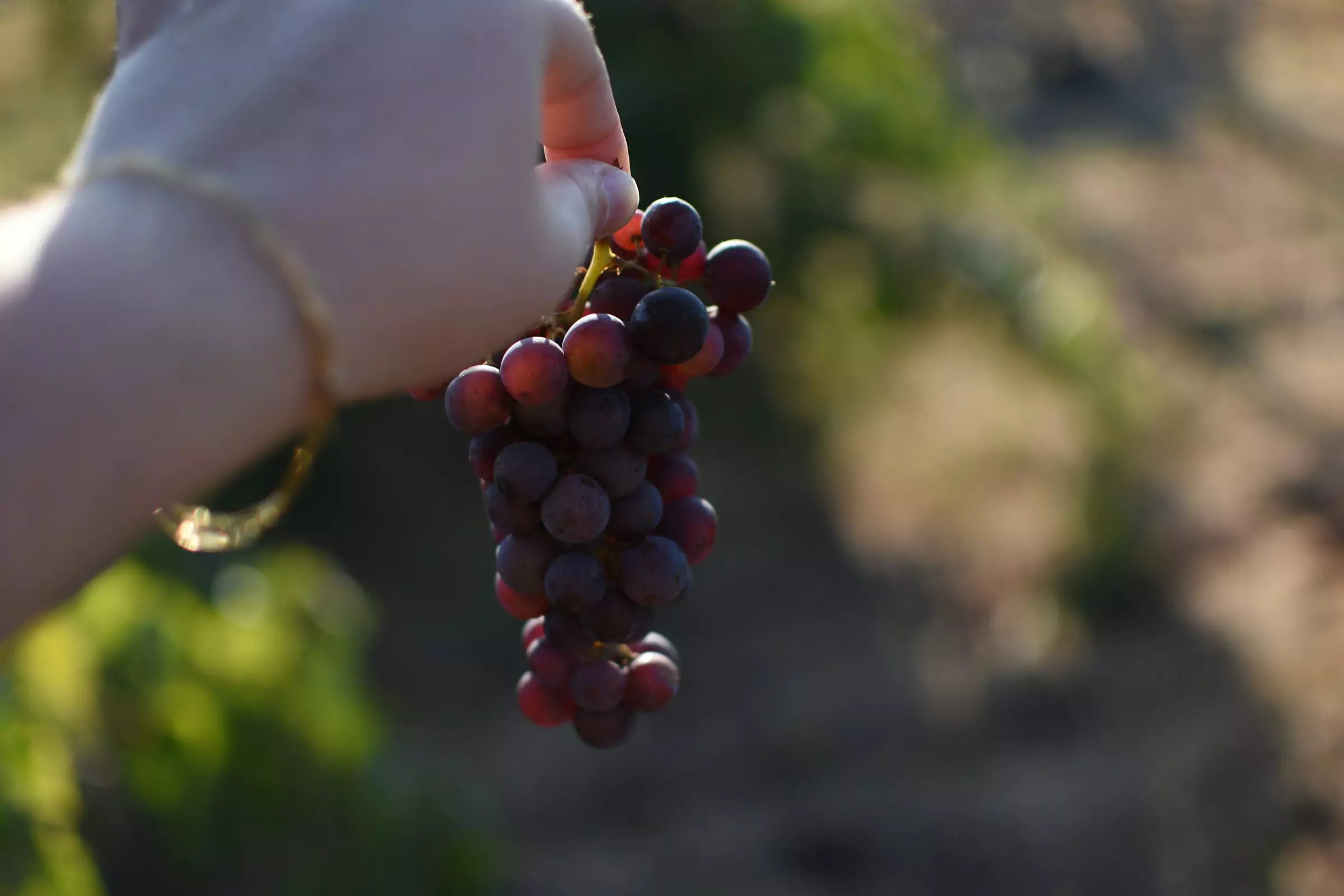
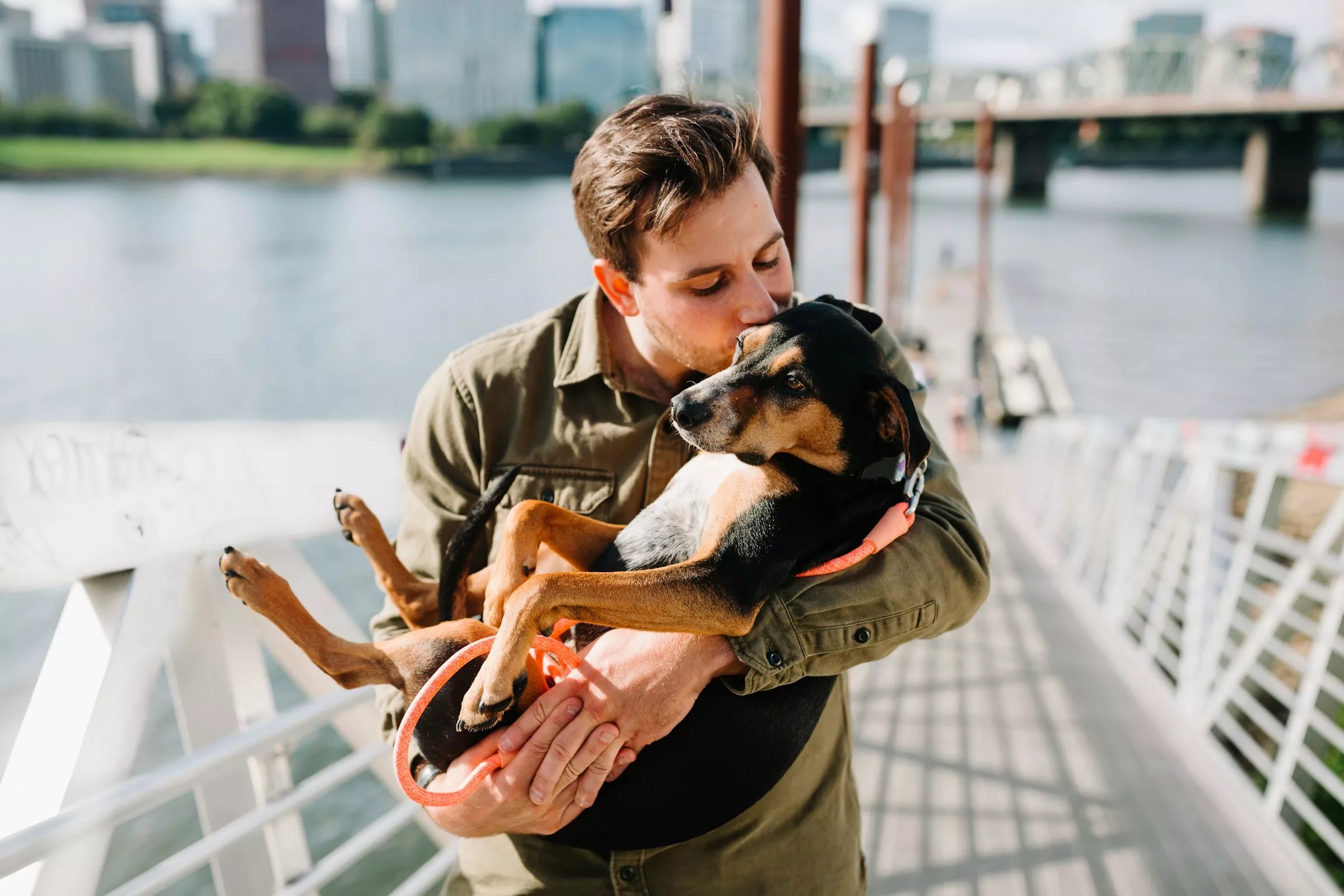
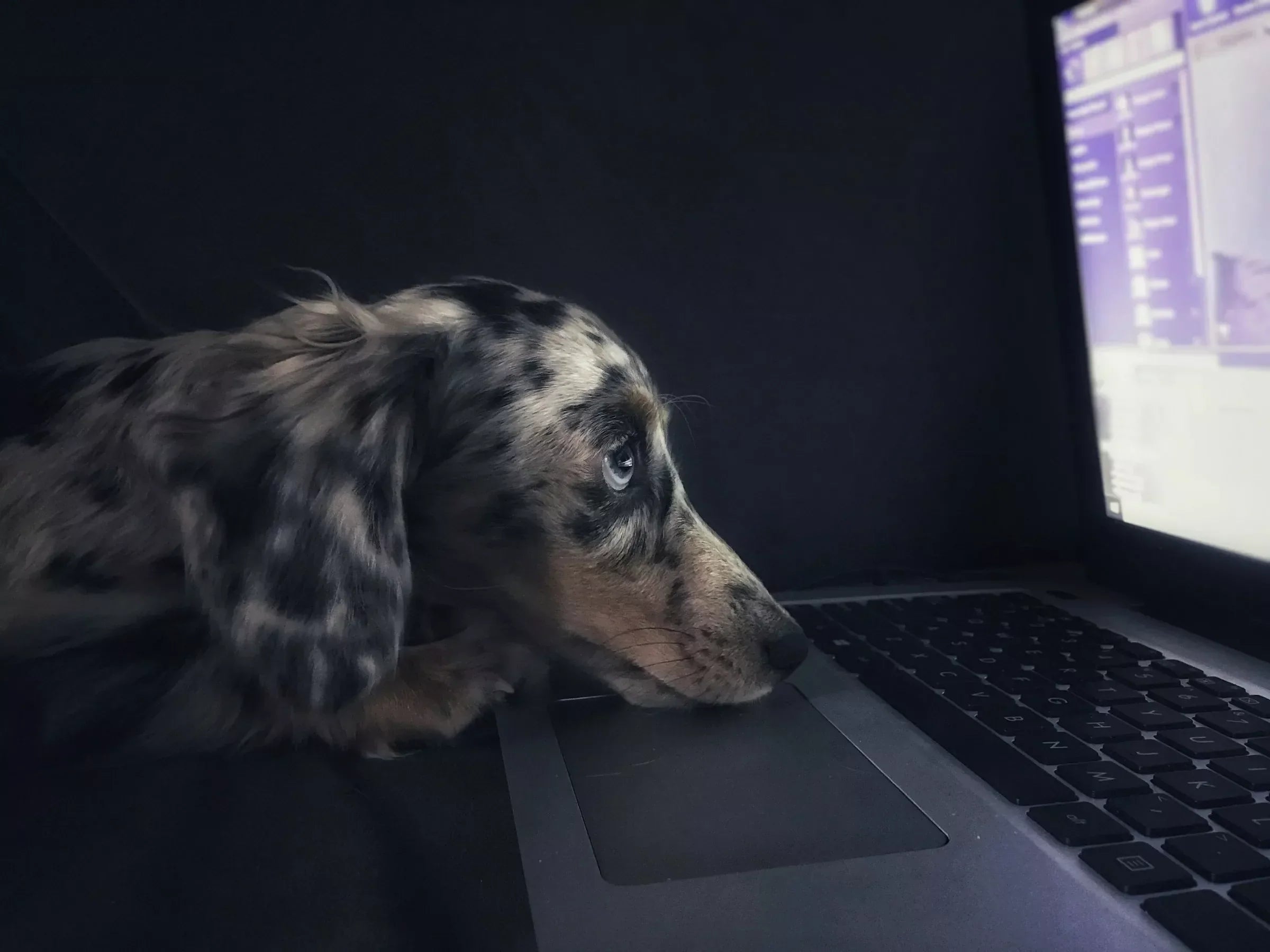

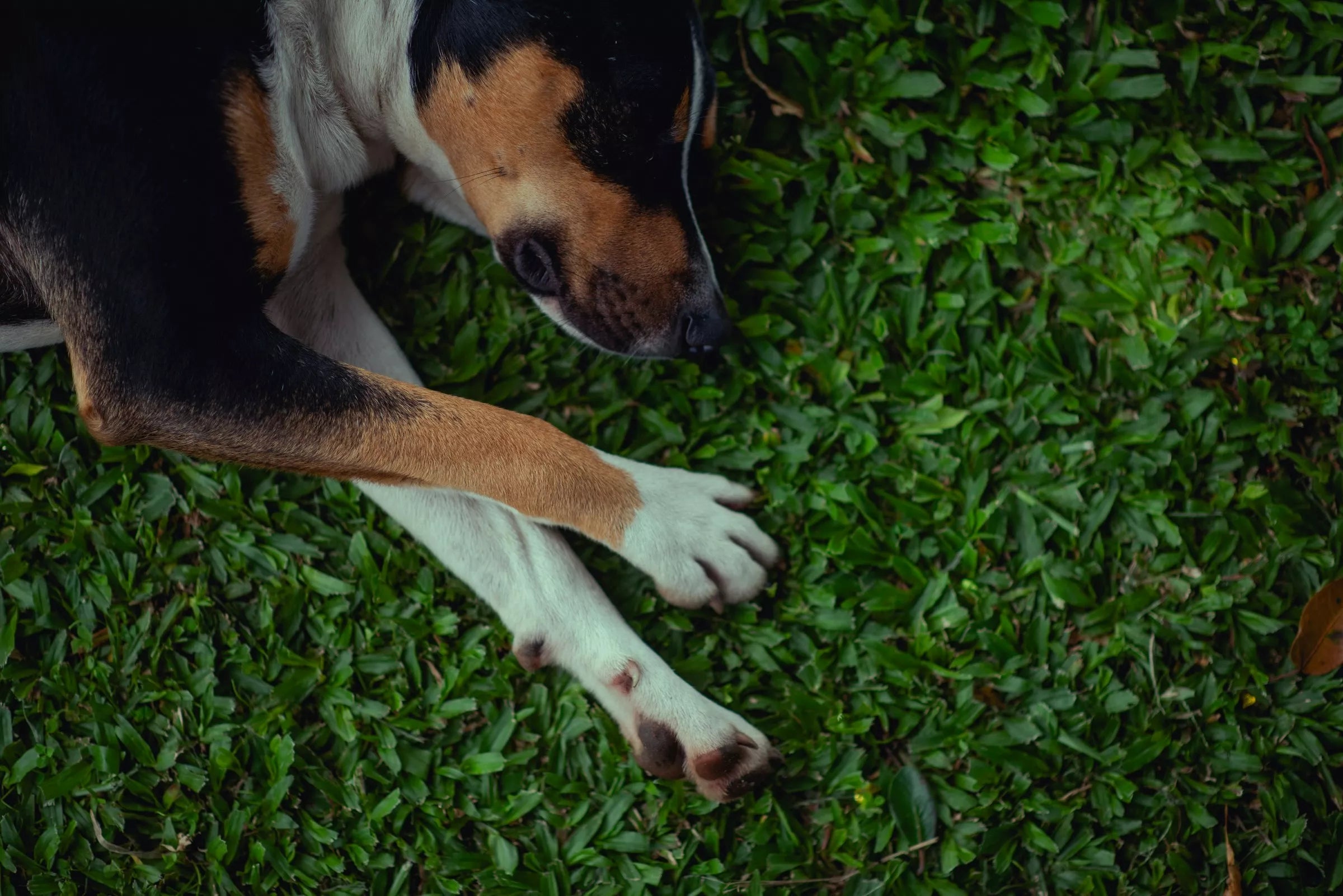
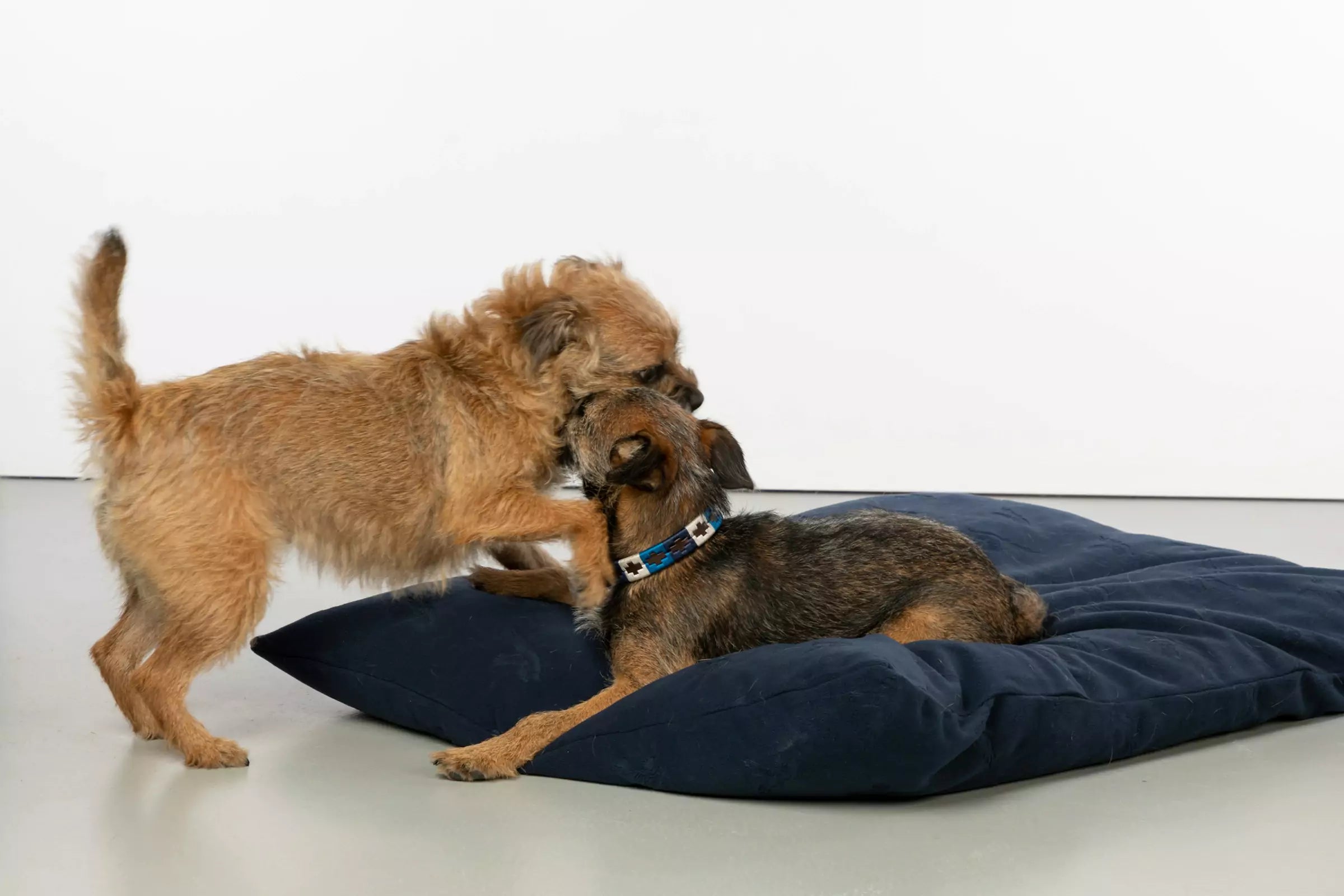
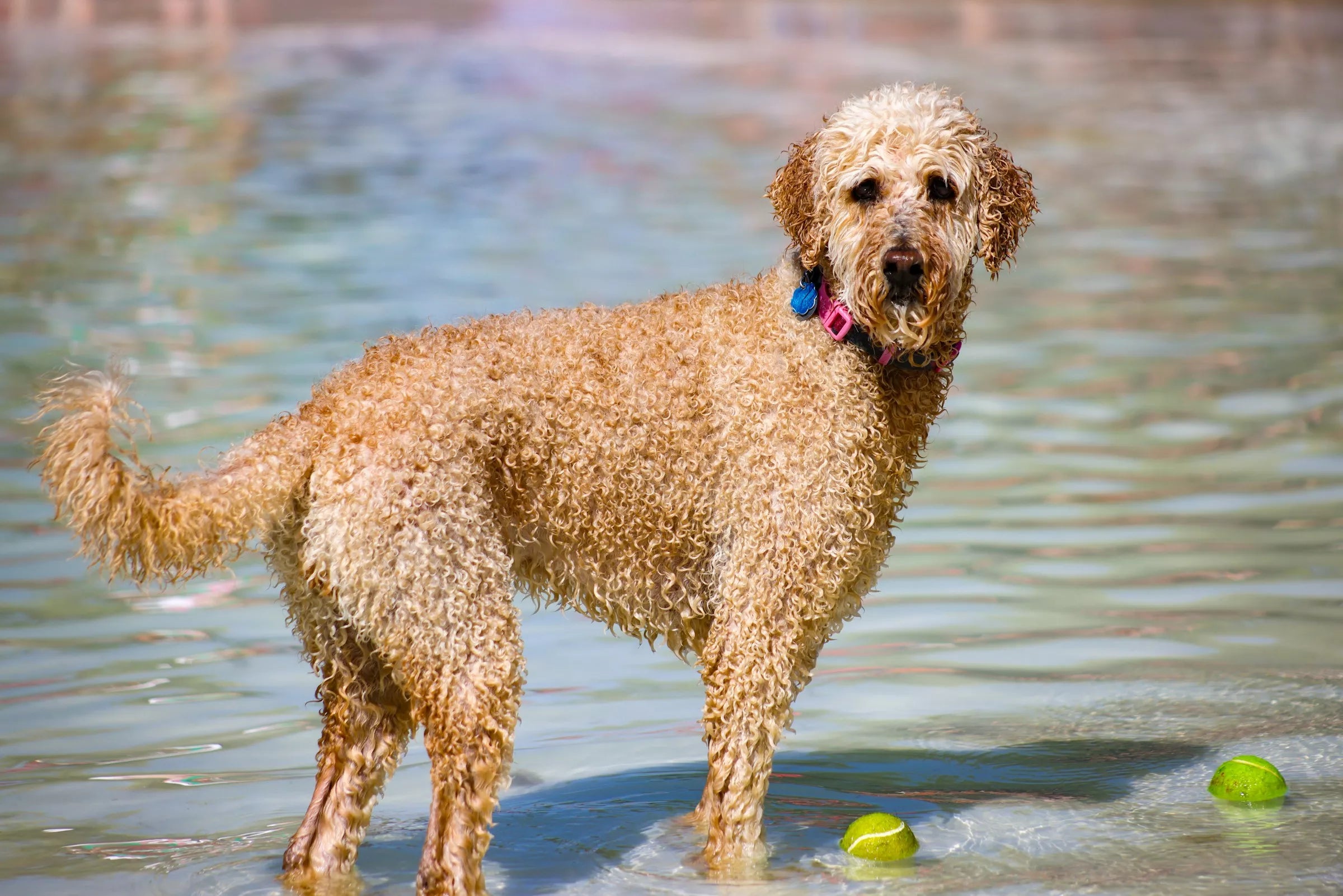






Share:
Did You Know That Dogs Can Be Trained to Detect Illness?
Top 5 Best Dog Foods for Sensitive Stomachs